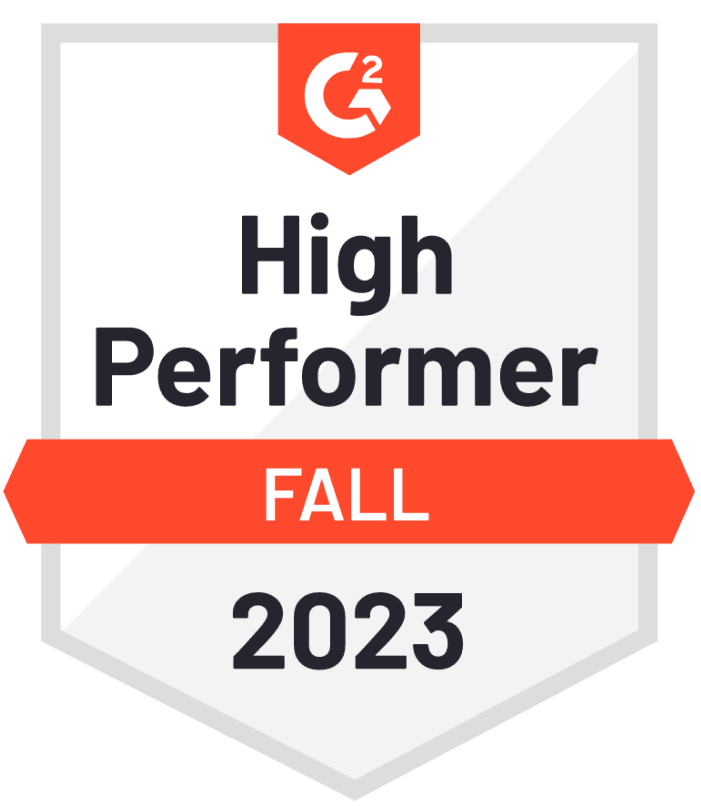Frequently Asked about Chief Operating Officer
What are the primary responsibilities of a Chief Operating Officer?
The COO oversees the daily operations of the company, ensuring that processes run smoothly and efficiently.
They implement strategies to improve productivity, manage resources, coordinate between departments, and work closely with the CEO to achieve the company’s long-term goals.
What qualities should a company look for when hiring a Chief Operating Officer?
Employers should seek a candidate with strong leadership skills, extensive experience in operations management, strategic thinking, excellent communication abilities, and a proven track record of driving organizational success.
The ability to adapt to industry changes and foster a positive workplace culture is also crucial.
How does the COO role differ from that of the CEO?
While the CEO focuses on the overall vision, strategy, and growth of the company, the COO is primarily concerned with executing these strategies through effective management of daily operations.
The COO ensures that the company’s operational framework supports the CEO’s vision and strategic goals.
What impact does a COO have on company performance and growth?
A COO significantly influences company performance by optimizing operations, improving efficiency, and implementing cost-effective measures.
By ensuring that all departments work cohesively and effectively, the COO helps drive overall growth, profitability, and long-term success.







